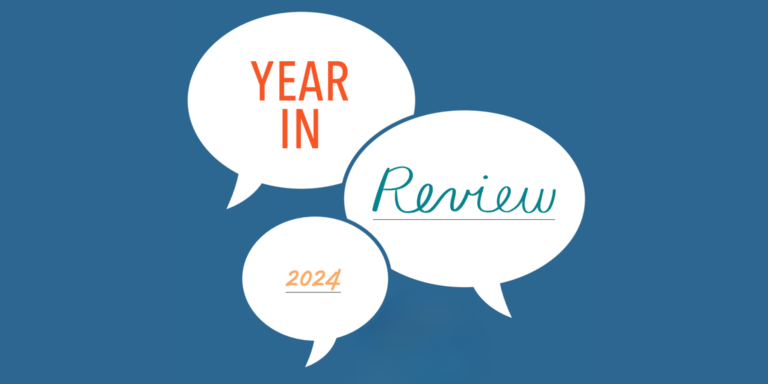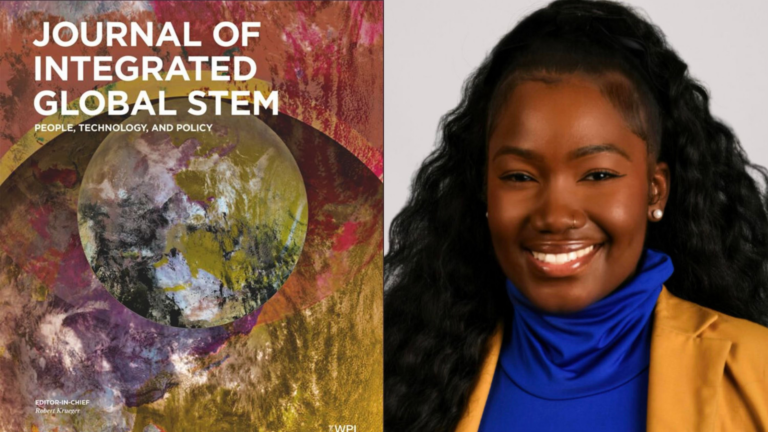
Our series Building an Equitable Innovation Economy asks how we might build innovative capacity that can bring more people into high-growth industries. We explore three pillars that set a stage where innovation can emerge: community-driven innovation, the sustainable financing of lifelong skilling and access to empowering social connections. How can we approach each of these leverage points – individually, and in coordination – to create a more inclusive and equitable innovation economy?
Lifelong skilling is a fixture of the innovation economy. How should it be financed?
Skilled workers make innovative ideas possible. New technologies, new workplace configurations, and new organizational and corporate structures call for changes in the ways we think and work. Knowledge and skills continuously reshape the barriers to and demands of the labor market.
Consider this: for workers already on the floor, new skills can offer a path to good jobs with a living wage and benefits. However, training for these skills is often a burden for workers alone – who often are left guessing what skills are needed. Today, to invest in themselves, workers are asked to identify where an industry is headed, decide which skills to invest in, and then spend time and money to develop those skills – often with few assurances that the risk will be rewarded. For workers who want to find good jobs within today’s high-growth industries, the barriers are even stronger. Many jobs require a bachelor’s degree to be considered – even when the job requires extensive, on-the-job training for specific skill sets. That can leave workers without traditional degrees outside of the hiring queue.
By asking learners to draw on existing resources to pursue credentials or skills training, we create a system where these skills are only accessible to learners who already have these resources. For low-income learners, or those without formal degrees or other safety nets, the barrier to entry can be insurmountable. That’s standing in the way of achieving equity within the innovation economy.
We’re looking at opportunities to reimagine skills training for the 21st century – ones that define success through equitable outcomes. By balancing the burden between workers, companies, philanthropy, and public grants, we can overcome some of the obstacles to investing in the skills that allow innovative capacity to emerge. We’re eager to see skills development that reaches into many communities – including women, people of color, and rural Americans – who may not have had access to the resources required for traditional skills development.
We also see the need to better align incentives so that resources are steered to the most effective programs. Finally, we’re asking how and when effective programs might scale in ways that can spread positive impacts further into local communities, or expand to reach others.
Pursuit generates returns on an Income Share Agreement
One example is Pursuit, a social impact organization focused on job training for low-income adults with the goal of launching tech careers. Pursuit’s graduates reflect the diversity of its home base in New York City: 70% are Black or Hispanic, 50% are women, 40% are immigrants, 55% don’t hold bachelor’s degrees, and 100% come from low-income backgrounds. The average salary of the fellows who enter the program is $18,000, while the average graduate earns $85,000 once they complete it.
Pursuit is able to train more Fellows thanks to the Pursuit Bond, an Income Share Agreement (ISA), which differs from a traditional loan in that if a learner doesn’t secure a job or makes less than an agreed-upon amount, they don’t have to make payments. The initial cost of an ISA is provided up-front by socially responsible investors, and repaid by a learner only when they secure a job that meets the minimum income threshold. Because it’s only repaid if candidates are successful in reaching employment goals, this shifts the burden from the student to the organization managing their training.
Merit America launches Success Sharing Agreements
Merit America offers a similar financing product they call Success Sharing Agreements (SSAs). As Merit America’s founder and co-CEO Connor Diemand-Yauman explains, SSAs are an agreement where learners pay no upfront cost. After graduating and securing a job with a family-sustaining wage, they pay a fixed amount back to Merit America, and stop paying if they lose that job.
“If a learner does not get a job with a certain salary in the four years after completing our program, they are not required to pay Merit America anything,” Diemand-Yaumen writes.
Merit America was selected as an inaugural training provider for Google’s new $100 million Google Career Certificates Fund.
COOP Careers’s Time and Talent Giveback
COOP Careers, which we profiled in our Beyond Upskilling series in Sept 2021, works to overcome underemployment through a digital skills training program and intentionally building peer connections. COOP’s program is tuition-free for participants, which lowers the barrier to entry for those who cannot afford to take on debt or pay out of pocket to learn a new skill.
Yet, COOP doesn’t rely solely on philanthropy to cover its costs. Rather, they ask that all program alumni “pay-it-forward” as coaches, mentors, advocates, and sponsors. This volunteer hours-based repayment, rather than monetary repayment, is a financing arrangement that works for many students. Each cycle they have about 10% of alumni engaged in the program as Captains, Specialists, and full-time staff. Each of their Captains dedicates about 200 hours/cycle to their cohort with about 25 hours of training prior to the cycle beginning. These pay-it-forward hours help keep overall program costs low for COOP, thus allowing them to continue offering no-cost programs for would-be learners.
More than Talent
Skills are a crucial piece of cultivating equitable, innovative capacity across communities. But it isn’t the only one. In our next posts in the series, we’ll describe how our view of education is just a piece of the puzzle. We’ll explore how we’re approaching building innovation capacity beyond the familiar geographical hubs, bringing the benefits to more Americans in a way that can transform communities for the better. We’ll also look at the critical role of expanding access not just to skills, but to other people. In our final piece, we’ll talk about the crucial work of connecting women, people of color, and rural communities to broader networks of mentorship, funding and social support that can turn innovative ideas into meaningful opportunities.





